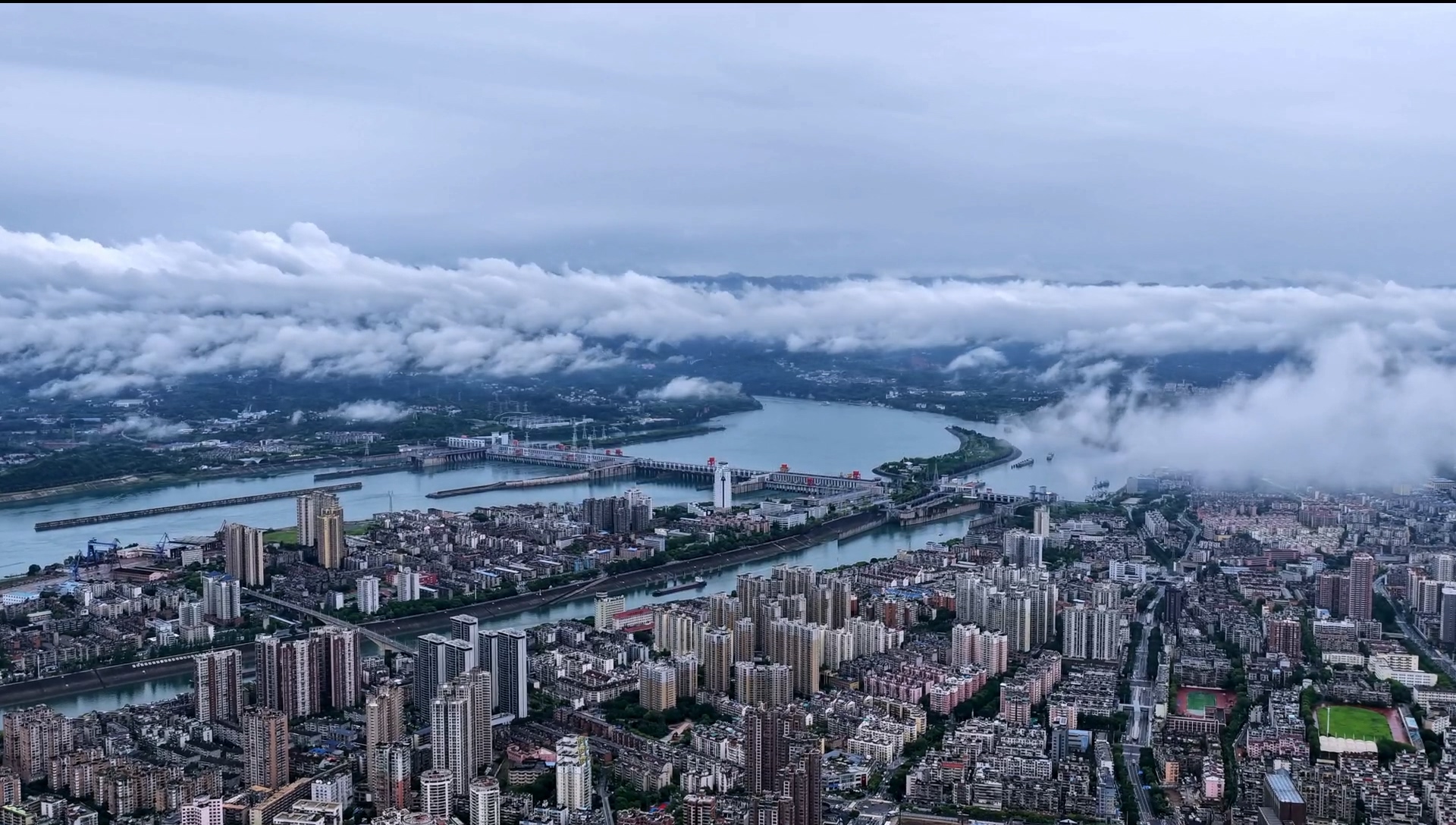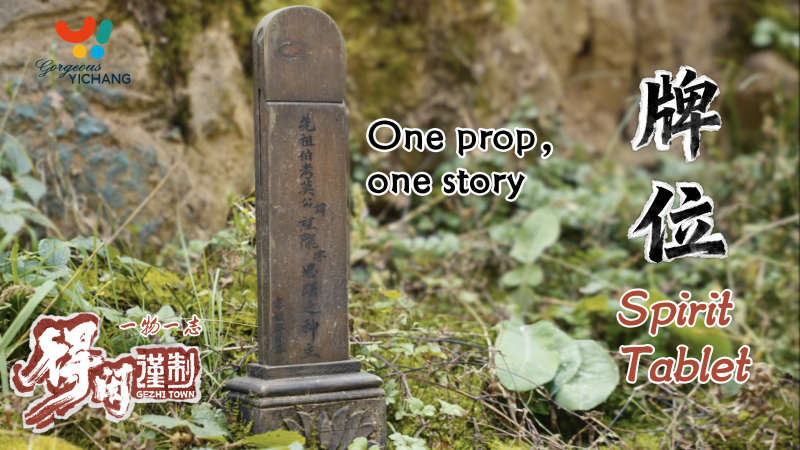Rare, endangered plants reintroduced into Three Gorges Reservoir area
2024-03-13 20:03:40
Translator and English editor: Chen Zai
Journalist and Photographer: Zheng Jiayu
Journalist and Photographer: Zheng Jiayu
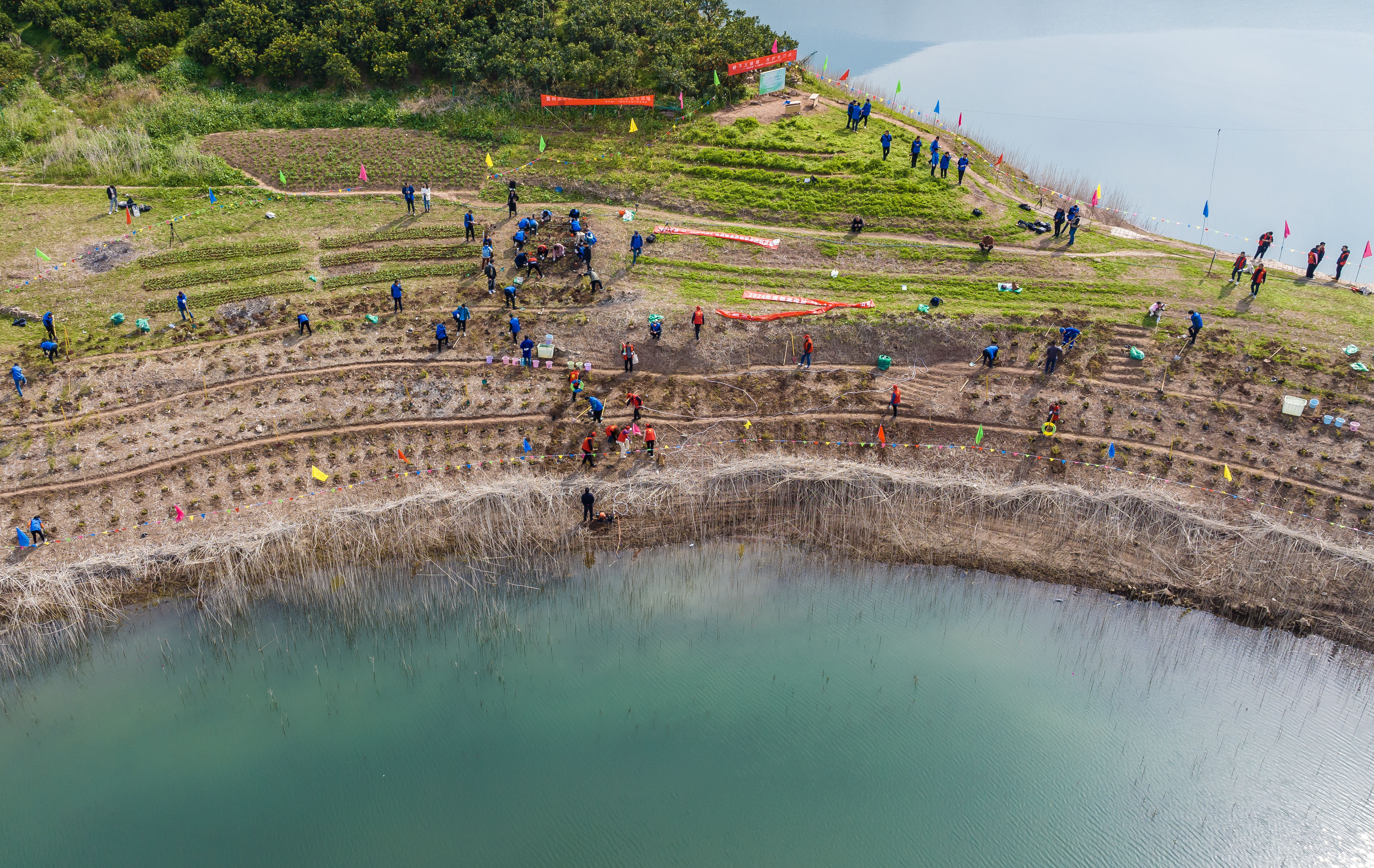
<caption>The event was held on a small island in the middle of a river in Guojiaba Town, Zigui County, Yichang City
On March 12, a total of 3,000 artificially bred rare and endangered plants unique to the Yangtze River ecosystem were planted back into their historical distribution areas.
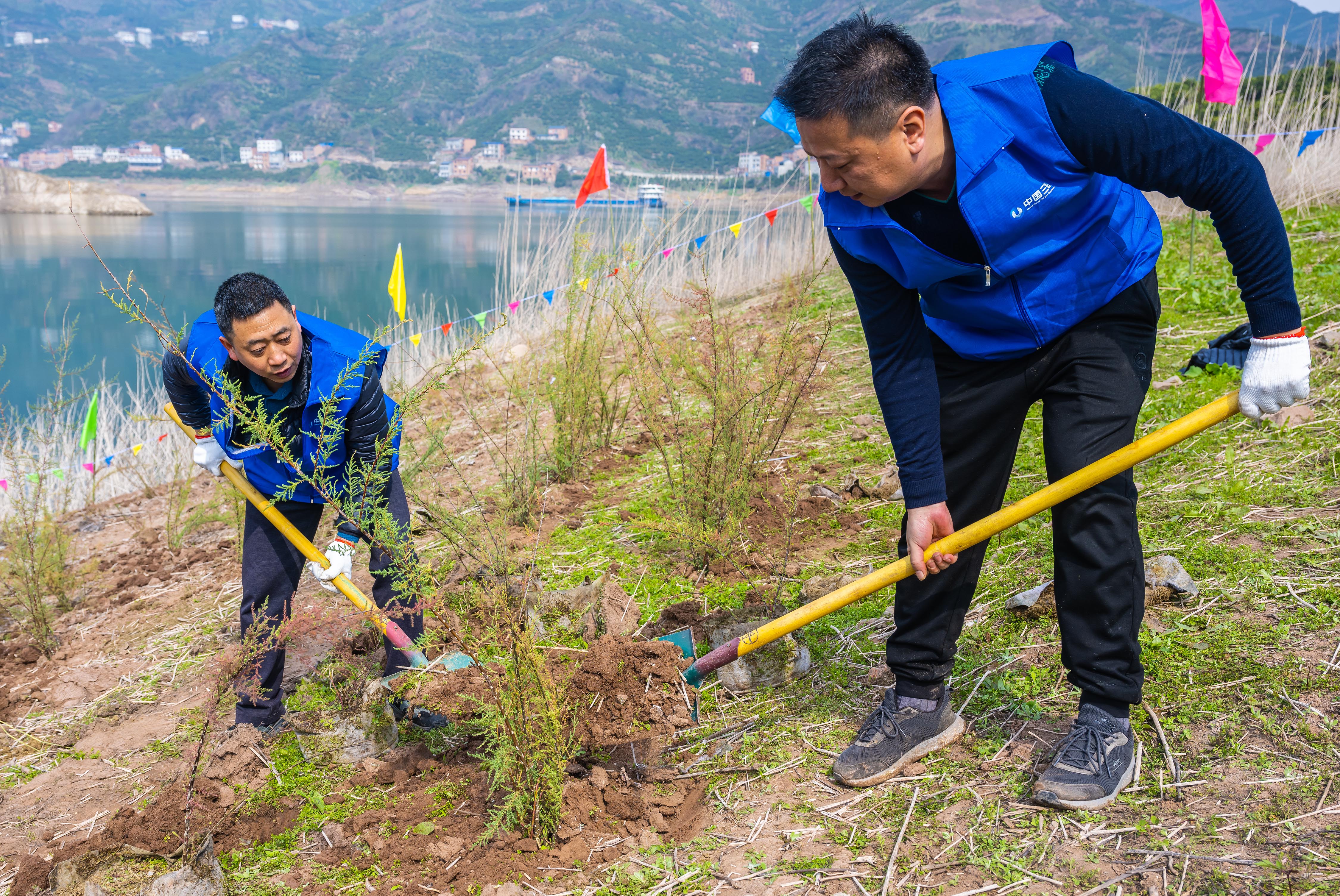
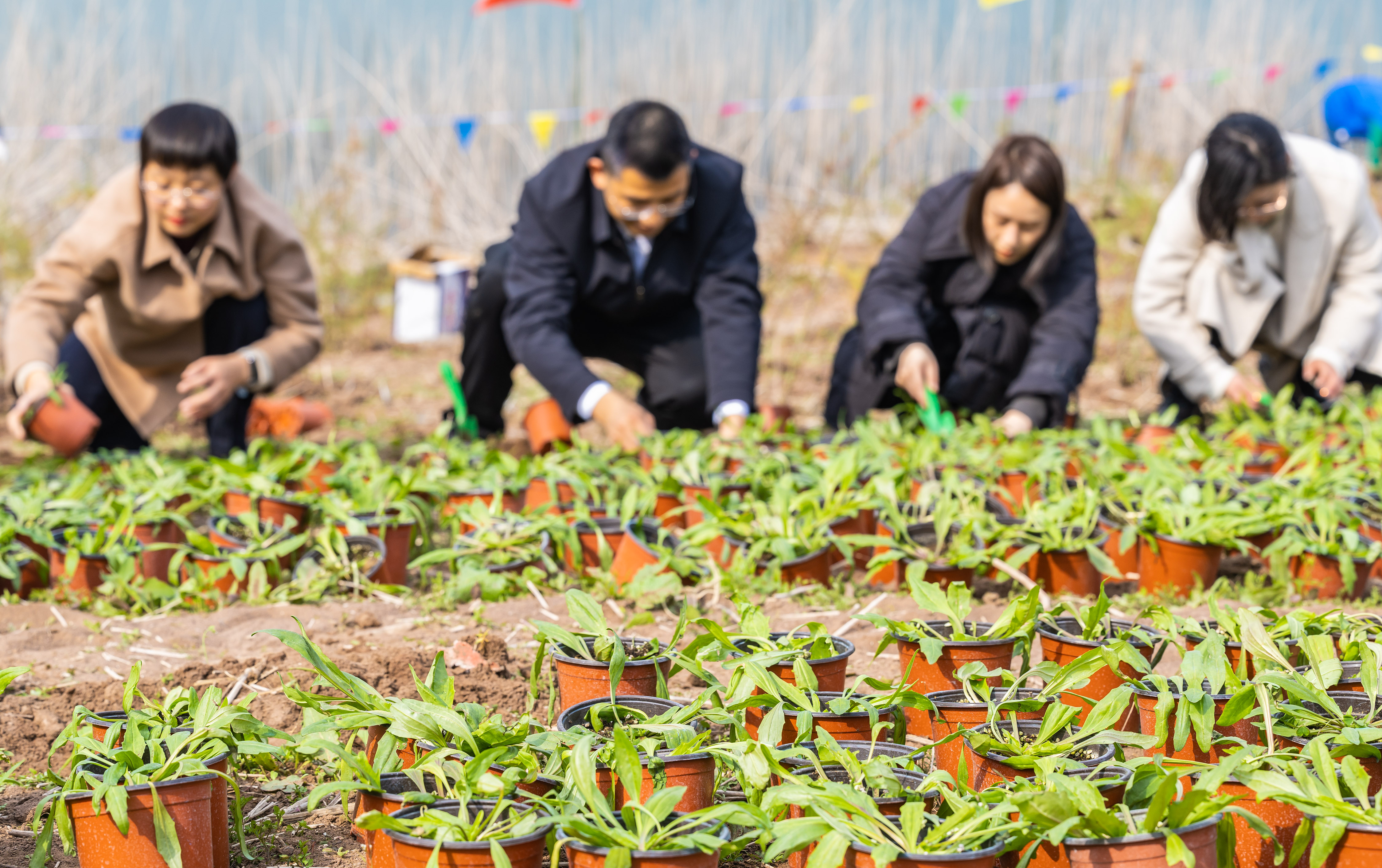
The reintroduced plants included 1,000 Myricaria laxiflora and 2,000 Plantago fengdouensis, both of which possess a strong flood tolerance. They play a crucial role not only in stabilizing the soil and greening the riverbanks of the Three Gorges Reservoir area but also in restoring the biodiversity in the Yangtze River basin.
Notably, this planting event marked the first reintroduction of space-bred Plantago fengdouensis to the wild.
The Plantago fengdouensis is sometimes referred to as the "giant panda” of the plant world" due to its extremely limited distribution. In 2022, 4,000 seeds journeyed into space aboard China’s Shenzhou-13 crewed spaceship. After 183 days in orbit, the seeds returned to Earth, where scientific cultivation trials began. Among the reintroduced Plantago fengdouensis, 500 were the progeny of the space breeding.
Notably, this planting event marked the first reintroduction of space-bred Plantago fengdouensis to the wild.
The Plantago fengdouensis is sometimes referred to as the "giant panda” of the plant world" due to its extremely limited distribution. In 2022, 4,000 seeds journeyed into space aboard China’s Shenzhou-13 crewed spaceship. After 183 days in orbit, the seeds returned to Earth, where scientific cultivation trials began. Among the reintroduced Plantago fengdouensis, 500 were the progeny of the space breeding.
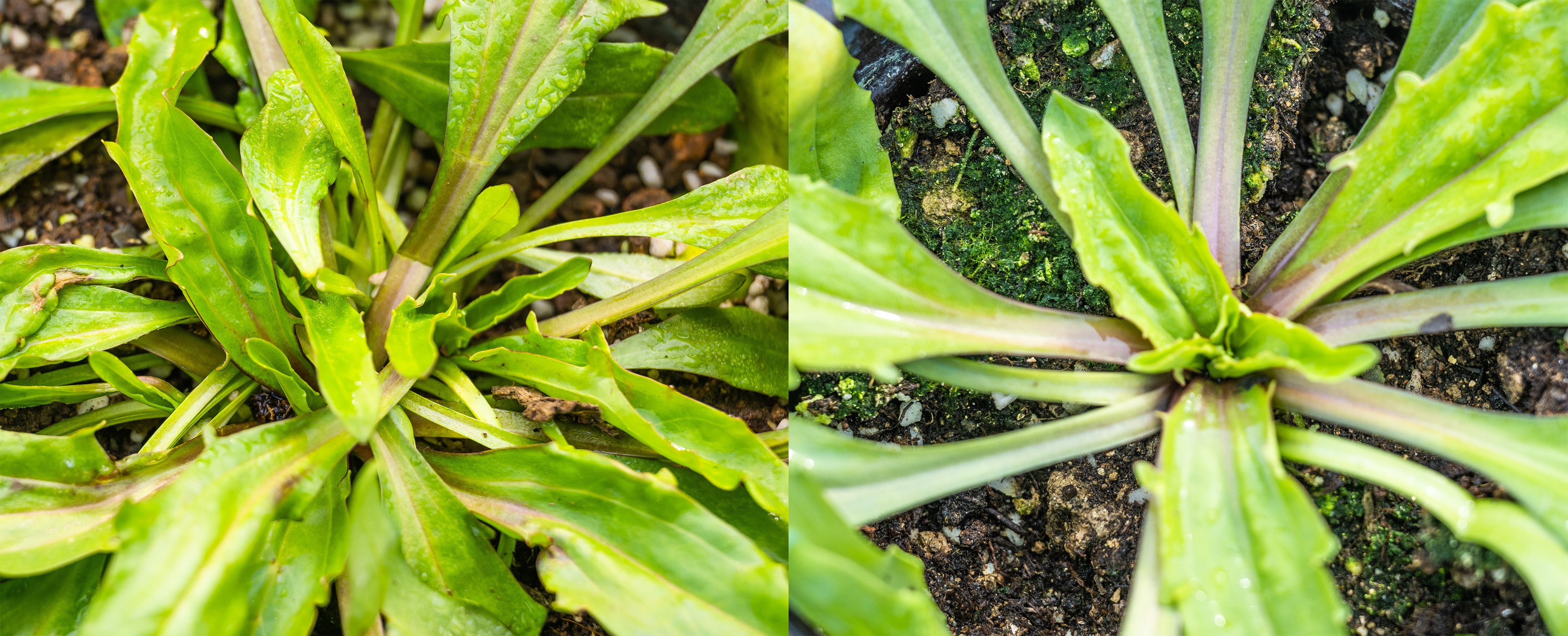
<caption>The Plantago fengdouensis bred through space mutation (left) is compared to the Plantago fengdouensis without space mutation (right).
The Yangtze River Biodiversity Research Center, a professional institution dedicated to the protection of rare plants indigenous to the Three Gorges area, has successfully conserved over 30,000 specimens of 1,950 species. Moreover, the center has conquered the breeding challenges of nearly 100 rare plant species, propagating over 260,000 saplings of unique and endangered plants.

